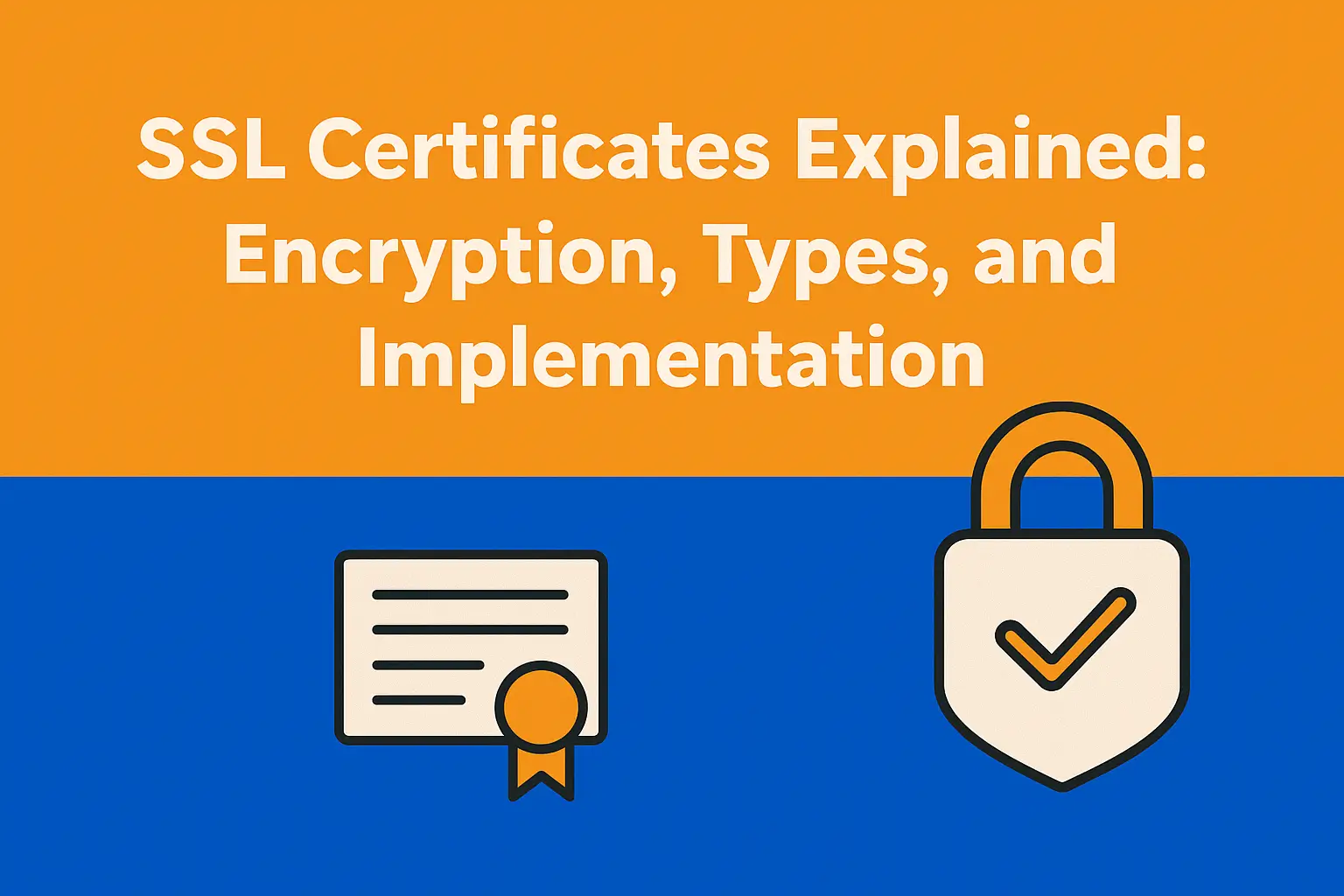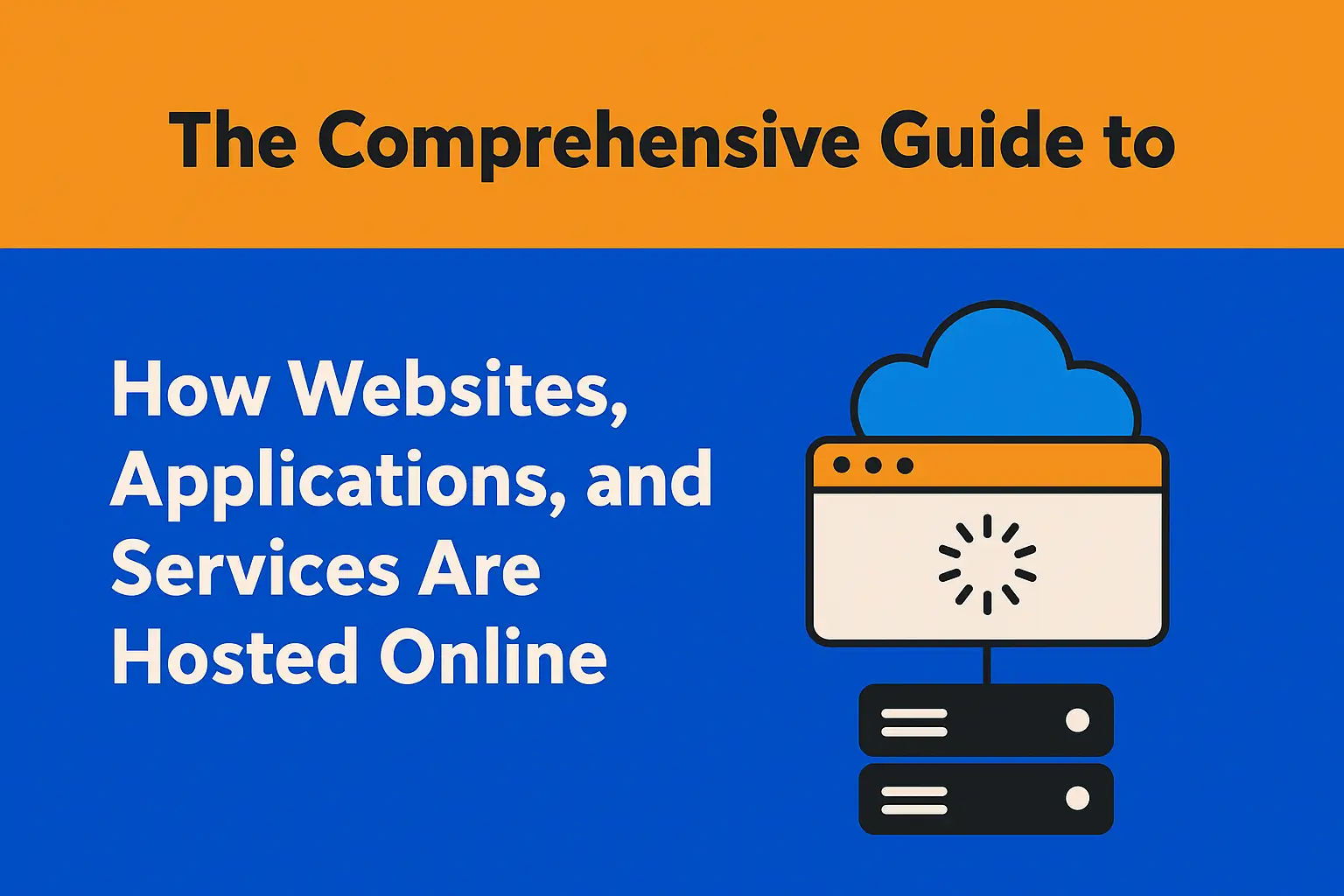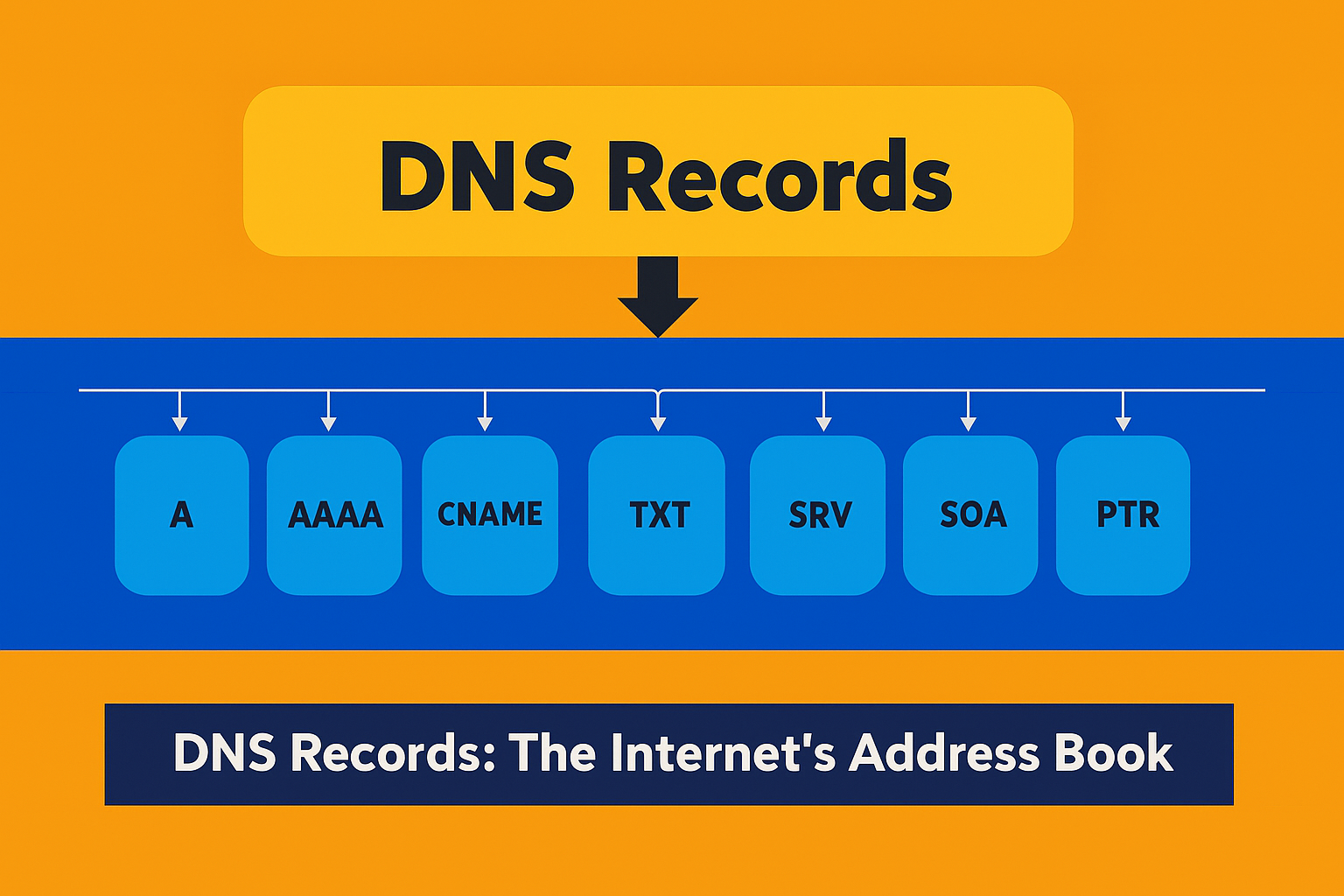
Introduction to Domain Name Trends
In the increasingly digitized world, domain names have evolved far beyond their original purpose of simply identifying IP addresses. They have become fundamental pillars of the online presence, serving as critical elements in branding, marketing, and search engine optimization (SEO). As primary touchpoints with potential customers, domain names need to be carefully selected and optimized to align with the brand’s identity and objectives.
The importance of a well-chosen domain name cannot be overstated. It is often the first impression a company or individual makes online, acting as a cornerstone for digital marketing efforts. An intuitive and memorable domain name can facilitate brand recognition, usability, and trustworthiness. Additionally, it plays a significant role in SEO, where keyword-rich domain names can influence search engine rankings, drive organic traffic, and enhance visibility.
Furthermore, the impact of domain names extends to social media integration and overall online presence. A domain name that is consistent across various digital platforms can streamline user experience and reinforce brand consistency. This cohesion is vital for retaining user engagement and fostering customer loyalty, as an easily accessible and recognizable web address can significantly improve customer recall and interaction.
Over the years, we have witnessed numerous changes and innovations in the realm of domain names, driven by technological advances and market demands. From the introduction of new top-level domains (TLDs) to the shift towards more descriptive and brand-specific domain names, the landscape continues to evolve. Understanding these trends and predictions is crucial for businesses and individuals aiming to stay ahead in the competitive digital arena.
In the following sections, we will delve deeper into the emerging trends and future predictions shaping the domain name industry. By examining these developments, we aim to provide insights and actionable strategies for securing an effective and forward-thinking online presence.
The Rise of New gTLDs (Generic Top-Level Domains)
The domain landscape has been undergoing significant transformations, primarily driven by the introduction of new generic top-level domains (gTLDs) such as .tech, .blog, .shop, and numerous others. Historically dominated by traditional domains like .com, .net, and .org, the domain space is now expanding with innovative alternatives that offer unique advantages for businesses and individuals alike.
One of the fundamental reasons for the rising popularity of these new gTLDs is the growing need for distinctive online identities. As the global internet population continues to surge, the standard .com domain pool has become increasingly saturated, making it challenging to find desirable and memorable domain names. New gTLDs provide a vast array of fresh options, enabling brands to select domains that more precisely reflect their industry, services, or interests.
From a branding perspective, these new gTLDs allow companies to craft a unique online presence. A domain name ending in .tech, for instance, immediately conveys a focus on technology, which can significantly enhance a brand’s identity and appeal to its target audience. Similarly, a .blog domain helps specify the nature of the website content, attracting readers who are specifically looking for valuable blog posts.
The memorability of new gTLDs also plays a crucial role in their adoption. Simple, descriptive domain names are easier for customers to recall and revisit, which can lead to increased traffic and higher engagement rates. For instance, a .shop domain vividly indicates an e-commerce platform, simplifying the user’s journey from search to purchase.
Moreover, market differentiation is another substantial benefit. With the proliferation of websites, standing out from the crowd is more important than ever. Unique gTLDs help businesses differentiate themselves by avoiding the clutter of overused domains, thereby positioning their brand more effectively in the market.
Keyword-Rich Domain Names for SEO
In recent years, the trend of selecting keyword-rich domain names has gained significant traction among businesses and digital marketers aiming to enhance their online presence. These domain names, which include relevant keywords related to the business’s products or services, can substantially impact Search Engine Optimization (SEO) efforts. By incorporating appropriate keywords, these domains can increase a website’s visibility in search engine results pages (SERPs) and attract more organic traffic.
Search engines, like Google, evaluate various factors when ranking websites, and the domain name is a critical component. A well-chosen, keyword-infused domain name can signal to search engines the content or niche of the website, thereby improving its relevance score. For instance, consider a company specializing in organic skincare products. A domain name like “OrganicSkincareProducts.com” directly communicates the site’s content to both users and search engines, potentially improving its search ranking for that keyword phrase.
Several successful companies have harnessed the power of keyword-rich domains. For example, the domain “CheapFlights.com” explicitly describes its offering and has historically performed well in search results for people seeking budget travel options. Another notable example is “Hotels.com,” which clearly indicates its primary service, allowing it to rank prominently in searches related to hotel bookings.
However, businesses must exercise caution when selecting keyword-rich domain names. One potential pitfall is overloading the domain with keywords, which can make it appear spammy and reduce its credibility. Additionally, search engines have evolved to value high-quality, content-rich websites over simple keyword-rich domain names. Therefore, it is essential to balance keyword inclusion with overall domain length and clarity.
Best practices for choosing keyword-rich domain names include keeping the name short, avoiding hyphens and numbers, and ensuring it accurately represents the brand’s offerings. Furthermore, it’s crucial to integrate the domain into a broader SEO strategy that emphasizes quality content, user experience, and technical SEO factors.
The Impact of Voice Search on Domain Names
The rise of voice search technologies such as Siri, Google Assistant, and Alexa has dramatically influenced how users interact with the internet. As these tools become more prevalent, their impact on domain name choices is increasingly significant. Unlike traditional text-based search, voice search leverages natural language and tends to involve question-based queries, which necessitates a reconsideration of domain name strategies.
Voice search often involves users speaking to their devices as if they are conversing with another person. Phrases like “Where can I find the best pizza in New York?” are typical, highlighting a preference for natural, conversational language. Consequently, domain names that mimic natural speech patterns are likely to perform better in voice search results. This shift implies a potential movement away from short, cryptic domain names towards longer, more descriptive ones that align closely with common spoken queries.
Additionally, domain names that incorporate questions or phrases directly related to popular queries stand to gain a competitive edge. For example, a domain like “bestpizzainnewyork.com” is likely to be more effective for voice search optimization than “nycpizzaexpert.com.” This trend suggests that there is a growing importance of keyword-rich domains that reflect natural language patterns.
The structure of domain names also needs to be more user-friendly and intuitive. Simplicity, clarity, and relevance are key factors in making a domain memorable and voice search-friendly. Undoubtedly, there is a balance to strike; while it can be tempting to create highly specific domains, maintaining a level of generality ensures broader applicability and easier recall.
Overall, the implications of voice search on domain names are clear. As voice technology continues to evolve, businesses and website owners must rethink their domain strategies to accommodate this shift towards natural language processing. Adapting to these changes will be crucial for remaining competitive in an increasingly voice-enabled digital landscape.
Geographic and Localized Domain Names
The trend of using geographic indicators in domain names has gained significant traction in recent years. Domain extensions like .nyc, .berlin, and .london, tailored to specific cities or regions, offer a unique opportunity for businesses to signify their local presence and build stronger community ties. Such geographic domains not only add a distinct identity but also provide a sense of reliability and trustworthiness to the local audience.
Localized domain names bring numerous benefits for local businesses. Firstly, they significantly enhance local search engine optimization (SEO). Search engines like Google tend to favor domain names that clearly state their geographic relevance, improving the ranking of these websites in local search results. For example, a bakery in Berlin using a domain such as www.berlinbakery.berlin would likely have a better local SEO performance compared to a more generic domain name. This localized approach can drive more organic traffic from users actively seeking services within their vicinity.
Additionally, geographic domain names help businesses carve out a niche market by making their offerings more relatable to the local populace. A successful example of a localized domain strategy is the New York City official city website (www.nyc.gov), which leverages the .nyc extension to establish an unmistakable link with its location. Similarly, Berlin’s tourism website (www.visitberlin.de) utilizes the .berlin domain to signify its local focus, effectively attracting tourists with its local charm and relevance.
Moreover, businesses can enhance their marketing campaigns by integrating geographic domain names, making it easier to create targeted advertising and resonate more deeply with the local community. As customers increasingly prioritize local businesses due to convenience and community spirit, geographic domains can be a strategic asset in solidifying a brand’s local footprint.
Brand Protection and Defensive Registrations
In the increasingly digital business landscape, the protection of brand names has emerged as a paramount concern for companies worldwide. One significant strategy that companies are implementing to mitigate the threat of cybersquatting and other malicious activities is defensive domain registration. This approach entails preemptively purchasing domain names that are closely associated with their brand, including various common misspellings and multiple domain extensions.
Cybersquatting, the practice of registering domain names that closely resemble established brands with the intention of profiting from reselling or misusing them, poses a significant threat to businesses. This necessitates the deployment of robust brand protection strategies. By proactively securing domain names that could potentially be exploited, companies can avoid the hassle and financial drain associated with reclaiming these domains through legal channels.
Defensive domain registration is not limited to acquiring the primary domain name. Businesses are increasingly purchasing a wider array of domain extensions beyond the well-known .com, diving into .net, .org, and various country-specific extensions like .co.uk or .de. This comprehensive approach curtails potential avenues that cybersquatters might exploit. Additionally, securing typographical variations and common mispellings of a domain name ensures that even if customers make errors in typing, they are redirected to the intended brand’s website, thereby safeguarding both user experience and corporate reputation.
The importance of protective measures in domain registration cannot be overstated. Investing in a broad spectrum of domains and variations effectively serves as an insurance policy against potential misuse. Furthermore, it fortifies a brand’s online identity, making it more resilient against emerging threats. In this rapidly evolving digital terrain, companies that prioritize meticulous brand protection through defensive domain registration are better positioned to maintain their integrity and consumer trust.
Personal Branding Domains
In today’s digital era, personal branding has become increasingly significant. This trend is reflected in the growing number of individuals securing personal domain names. By obtaining a domain that mirrors one’s name or personal brand, individuals can enhance their digital presence, showcasing their professional accomplishments, personal projects, and unique identity to a broader audience. A well-selected domain name can serve as the cornerstone of a comprehensive personal branding strategy, offering various advantages.
Firstly, a personal domain name boosts credibility and professional appearance. Potential employers, clients, and collaborators often search online profiles to verify a person’s qualifications and background. A dedicated domain name, such as johndoe.com, conveys professionalism and reliability, distinguishing the individual from those without a personalized online presence.
Secondly, it provides greater control and flexibility over one’s online image. Social media accounts and other platforms are limited by their inherent restrictions and possible changes in policy. A personal website, however, allows complete freedom in terms of content, design, and presentation, enabling individuals to curate their online persona precisely as they see fit.
When selecting a personal domain name, simplicity and memorability are key. An ideal domain is typically short, easy to spell, and directly associated with the individual’s name or recognizable brand. If a preferred domain is unavailable, consider adding relevant keywords or modifiers, such as profession or middle name, to create a unique domain that remains easy to remember.
Leveraging a personal domain effectively involves consistent and strategic content updates. Regularly posting relevant and high-quality content helps maintain engagement and search engine visibility. Additionally, integrating the domain across professional networks, email signatures, and marketing materials can further reinforce personal branding and drive traffic to the site.
In essence, securing and utilizing a personal domain name is a vital step in establishing a robust and distinguished online presence. As this trend continues to gain momentum, individuals who embrace this strategy will likely enjoy enhanced visibility, credibility, and professional opportunities.
Future Predictions and Emerging Trends
As we look ahead to the future of domain names, several emerging trends and technological advancements are poised to revolutionize the landscape. One of the most notable developments is the advent of blockchain-based domains. These decentralized domain systems offer heightened security and censorship resistance, enabling users to have greater control over their digital identities. Blockchain domains have the potential to redefine the principles of domain ownership and management, ensuring transparency and robustness.
Artificial intelligence (AI) is another disruptive force poised to transform domain search and selection. With AI-driven algorithms becoming increasingly sophisticated, the process of finding the perfect domain name is expected to become more intuitive and efficient. AI can analyze vast datasets to predict trends, user behavior, and search patterns, thereby providing more personalized and relevant domain suggestions. This advancement will likely lead to a more streamlined and user-centric approach to domain registration.
Furthermore, the integration of machine learning and natural language processing in domain services is anticipated to enhance domain-based marketing strategies. By understanding the semantic nuances of language, these technologies can assist businesses in choosing domain names that resonate better with their target audiences, thus improving branding and online visibility.
In addition to these cutting-edge developments, the increasing popularity of new domain extensions (gTLDs) continues to impact the domain ecosystem. These alternative extensions offer fresh possibilities for branding, particularly for niche markets and creative industries. As more businesses and individuals recognize the value of distinct and memorable domain names, the demand for innovative gTLDs is expected to grow.
Looking forward, the combined influence of blockchain domains, AI, machine learning, and novel gTLDs will likely shape the domain landscape in the coming decade. These innovations promise to make the domain market more dynamic, secure, and user-focused, ultimately driving forward new possibilities in the digital world.





0 Comments